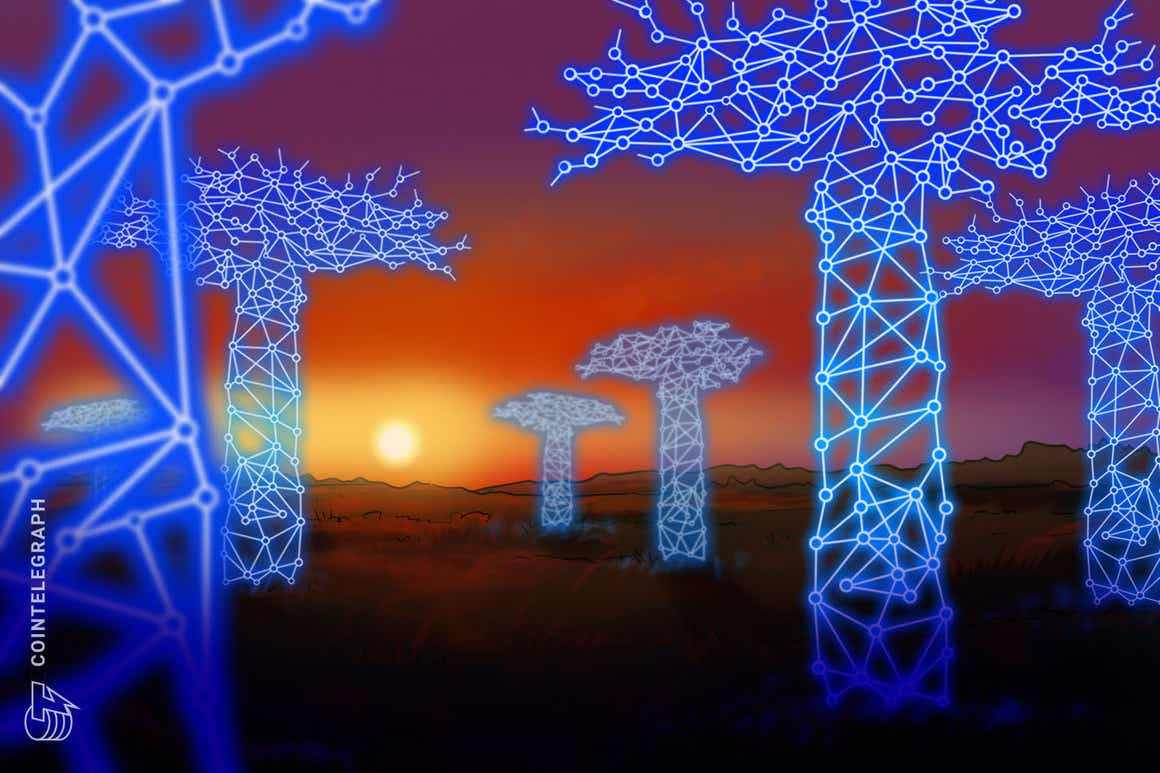Samsung Electronics America announced Monday at the CES tech conference in Las Vegas its partnership with veritree, a blockchain-based climate solutions platform, to plant 2 million mangrove trees in Madagascar over the next three months. Veritree uses blockchain technology to manage the reforestation process and verify each tree that is planted.
The tree-planting initiative is part of Samsung’s nature-based action plan on environmental sustainability, specifically to capture and sequester carbon dioxide (CO2) from the atmosphere. The goal is to restore roughly 200 hectares of land and sequester roughly 1 billion pounds of CO2 over a 25-year period.
Veritree, developed by tentree, a sustainable apparel company that plants 10 trees for every item of clothing sold, will handle the logistics. Built as an accounting system, veritree attempts to provide greater transparency of the entire process from field-level data collection, site planning, tree inventory and impact monitoring. Tree planters use their phones to track trees that a sponsor has paid to plant, essentially creating a digital map of the corresponding digital trees.
Samsung’s head of corporate sustainability Mark Newton said that investing in innovative technology and so-called “nature-based solutions” is vital for combatting climate change.
Related: Samsung announces NFT platform for smart TVs
According to Samsung, mangrove trees are some of the world’s most effective nature-based carbon sinks. Mangrove roots, which are usually covered by water, capture and store CO2 in the soil. Samsung plans to work with local community members of the Mahajanga region of Madagascar, a region faced with large deforestation, to reach its 2 million tree goal by the end of the first quarter.
The tree-planting initiative is part of Samsung’s growing efforts around sustainability. In addition to using renewable energy in the U.S., the company recently unveiled a new smart TV lineup with an integrated NFT platform.
Source: https://cointelegraph.com/news/samsung-uses-blockchain-technology-to-address-climate-change



